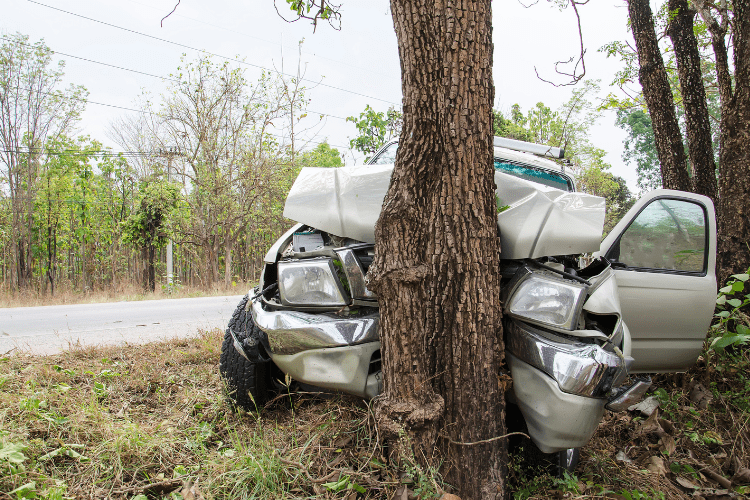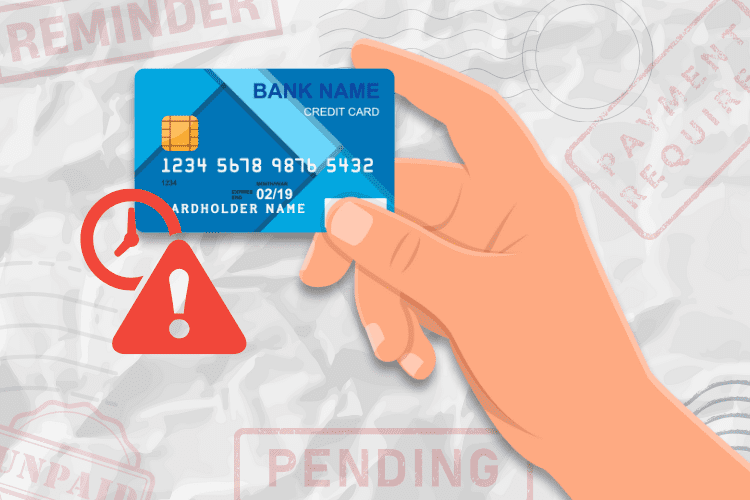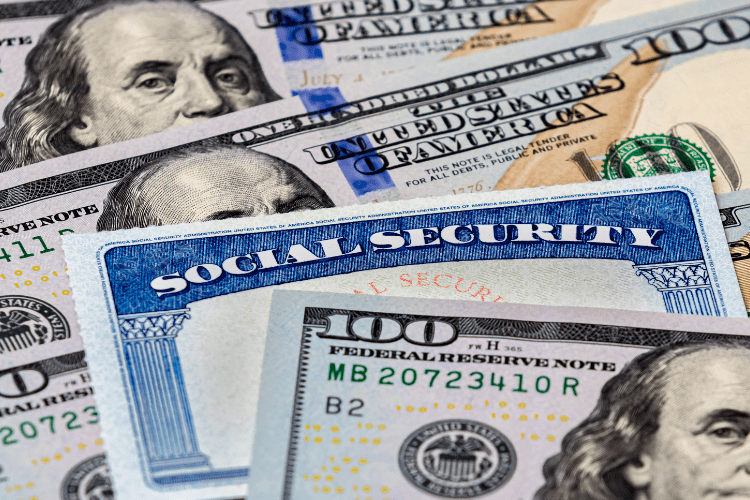Gap Insurance: Is It Really Worth Purchasing?

You already know the risk you take when driving your vehicle without the appropriate car insurance coverage. If an accident were to happen, you want to be covered.
Well, what about gap insurance? While gap insurance isn’t a requirement like regular car insurance that includes liability, collision, or comprehensive damage, it’s not to be taken lightly.
In this post, we’ll uncover precisely what gap insurance is and how it works so you can know whether it’s something you should consider purchasing.
What Is Gap Insurance?
Gap insurance is optional insurance you can get for a vehicle that pays off your vehicle loan if the vehicle is totaled or stolen, and you owe more than the vehicle’s value. The gap insurance will pay the difference between the value of the vehicle and what is still owed.
How Gap Insurance Works
Oftentimes, when a vehicle is totaled or stolen, the amount owed is more than the value of it. Collision or comprehensive insurance will cover the value of the vehicle, but what happens to the amount that is still owed on the vehicle if it’s more than what the vehicle is worth? In most instances, the vehicle owner is stuck trying to pay off the remaining cost of the old vehicle while paying off a new vehicle.
If the vehicle owner has gap insurance, the gap insurance will cover what is owed on the vehicle. For instance, let’s say your car was totaled in an accident, and the car was valued at $25,000 at the time of the accident. However, you still owed $30,000 on the car loan. Your insurance may cover the value of the car minus the deductible. Let’s say the deductible is $500. That leaves the insurance to cover $24,500. But you still owe the lender $5,000 for the car. Who pays for that? Gap insurance does if you have it. If you don’t have gap insurance, you’ll have to pay it.
Gap insurance is designed to leave a $0 balance on the auto loan, so you’re free and clear to start over without outstanding debt should your vehicle be stolen or totaled.
When Gap Insurance May Be Worth It
Here are some situations where gap insurance may be totally worth it should your vehicle be stolen or totaled:
You finance your vehicle with little or no down payment: Cars depreciate the second they’re no longer on the lot. That means the value has already decreased on day one, but you still haven’t made a payment or put money down. You already owe more than it’s worth.
You trade in an upside-down car: If you trade in a car that you still owe money on, the dealership will add what you owe on the old car to the new one if you don’t pay the difference up front. That already has you owing more for the new car than it’s worth.
Your car loan is more than a 60 months term: The longer the term, the longer it takes to hit the break-even point where your loan balance and the car’s value begin to even out.
Who Doesn’t Need Gap Insurance
Gap insurance doesn’t make sense for every driver. For instance, if the amount you owe on your vehicle is less than what it’s worth, your insurance will likely cover everything you need. If money is not an issue for you and you can afford to cover the difference between what’s owed on your vehicle and its worth, then you may not need to pay for gap insurance.
How To Purchase Gap Insurance
Most dealerships will offer you gap insurance and roll the monthly installments into your loan payments. Keep in mind that when you do this, you’re also paying interest over the life of the loan. That means you’re paying way more for the cost of the insurance than you need to.
You could also pay for gap insurance through your auto insurer as part of your regular insurance policy. This keeps you from paying interest on the insurance.
Is Gap Insurance Worth It?
Not everyone may need gap insurance, but if you’re financing a vehicle, you may want to give gap insurance some consideration, keeping in mind how much of a down payment you make on your vehicle.
The Bottom Line
No one expects to have their vehicle stolen or to be totaled in a serious crash. Gap insurance, like all insurance, provides a sense of peace in the event of a worst-case scenario. How much is that worth to you?
Read More:










